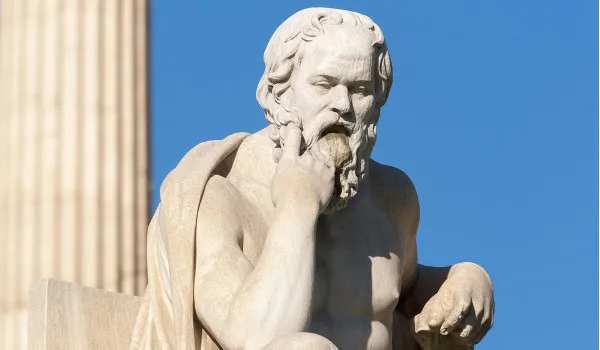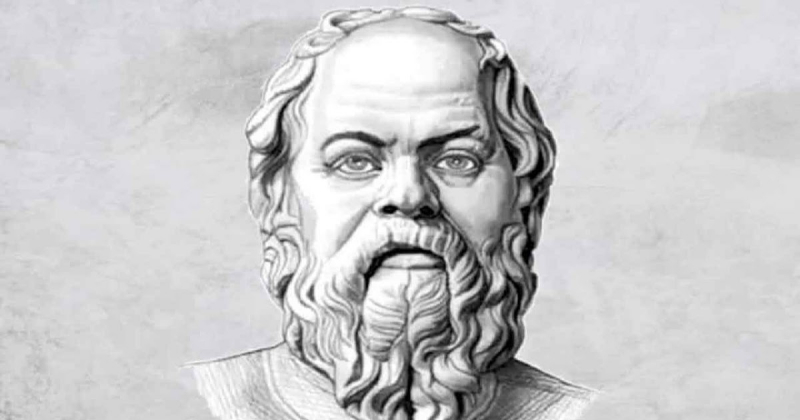Socrates contended that human knowledge was inherent in all beings

Plato has distilled a deep debate that yields a number of conclusions into the conversation Meno. It recreates his exchanges with an untrained servant kid who is also known as Meno's slave. As we continue reading the conversations, it becomes clear that Socrates had given the young boy a mathematical problem in which he needed to increase the square's beginning size. Socrates reached his conclusions on supraliminal beliefs through these exchanges. He claimed that men had endless potential within of them.
Therefore, he emphasized that all we need to know is already within our grasp; all that is required is that we remember the depth of information we possess. Additionally, memory is where knowledge originates. We may access our inner knowledge by engaging in frequent self-examination and reflection. Using his hitherto undiscovered knowledge, the slave was able to accurately redrew the square. The goal was to repeatedly question oneself and engage in intense introspection in order to recall the previously learned information.
Socrates deduced that all beings already had human knowledge and that our only responsibility was to turn inward and search inside for the solutions. By demonstrating a mathematical conundrum, he brought attention to this philosophical viewpoint.










